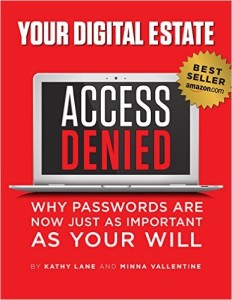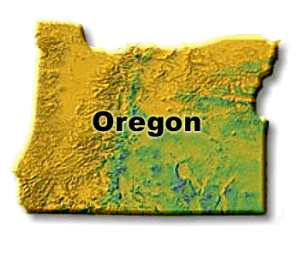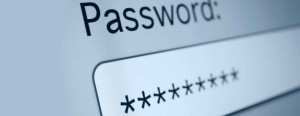 Last year, a comprehensive law was proposed by the National Conference on Uniform State Laws. That law places access to a wide range of digital assets on a par with access to traditional tangible assets.
Last year, a comprehensive law was proposed by the National Conference on Uniform State Laws. That law places access to a wide range of digital assets on a par with access to traditional tangible assets.
“As the number of digital assets held by the average person increases, questions surrounding the disposition of these assets upon the individual’s death or incapacity are becoming more common. Few laws exist on the rights of fiduciaries over digital assets. Few holders of digital assets and accounts consider the fate of their online presences once they are no longer able to manage their assets.”
Nearly half of U.S. state introduced legislation in 2015 to enact this revised Uniform Access to Digital Assets Act (UFADAA). However, most of them have been unable to actually pass the law due to opposition from Internet and telecommunications companies. As of March 2016, only four state have enacted legislation based on this Act – Oregon, Wyoming, Tennessee and Florida.
Are you concerned about who will have access to your digital assets when you become incapacitated or die? Do you care whether family members can see your emails and other personal electronic correspondence? Would you prefer that loved ones can continue to maintain your Facebook account or do you want it shut down? These are just a few of the questions that the revised UFADAA may be able to address…only if your state adopts appropriate legislation.
For more information about digital assets, check out our book ACCESS DENIED or go to our website www.DieSmart.com.



